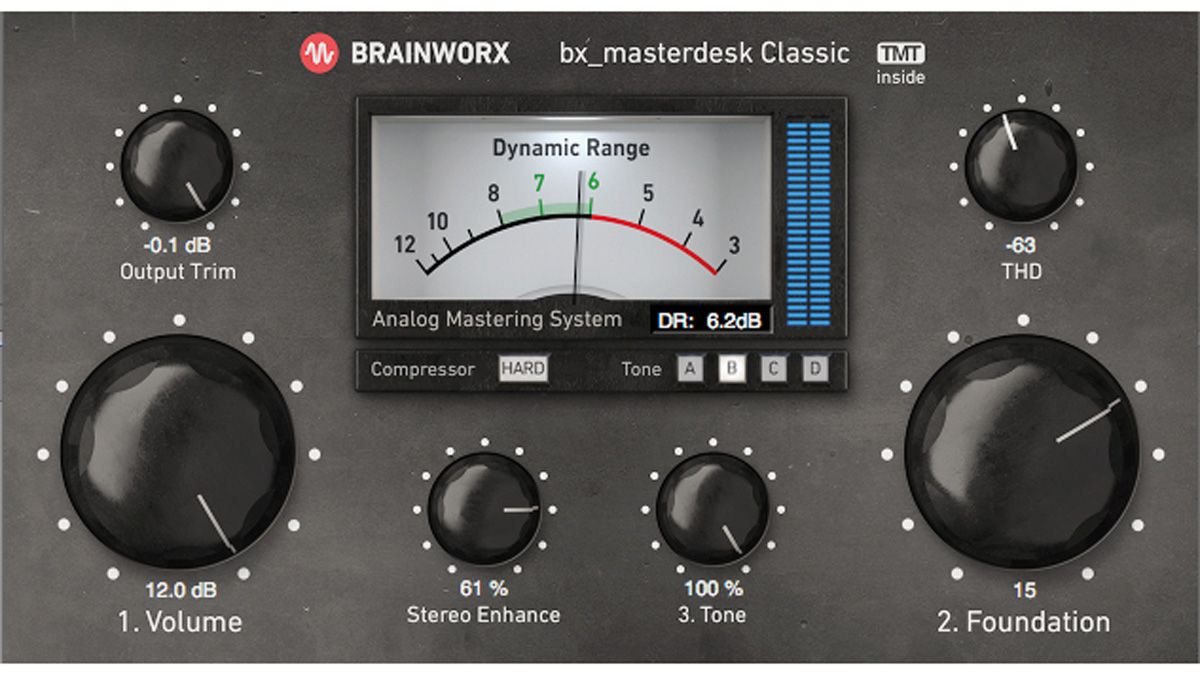

We might do it once in a while when we're on spreadsheets at work, but we don't need real-time results when we're doing that. As audio guys, we take averages all the time - it's how a simple time-domain LPF works - but we don't take averages when we're sitting on reddit, or playing games. You're thinking, "So why don't Intel build those instructions into their chipsets?" Because the average computer user never needs them.

In this example, the DSP chip performs the same job 4 times faster than the GPP, assuming the clock speeds are the same. But a DSP chip would do: Average of current sample and previous sample Load sample at current position into memoryĪdd value of current sample to value of previous sampleĮight instructions, and I'm sure I left some out. To give you a simple example, the following pseudocode would average the current audio sample with the sample before it. This is because they have compound instructions built-in. But CPUs have got faster, memory has got cheaper and coders have got better to the point where the only real advantage UAD chips have over native plugins is reduced plugin delay and exclusive licenses (eg Neve, Roland).ĭSP chips can perform in one operation what it would take several operations to do in a GPP.

Top 10 uad plugins pro#
Back in the day, UAD chips really could do things that native plugins just couldn't, in the same way that Pro Tools HD systems still can. You're asking "What's the point of getting a 3D card? My computer plays Solitaire just fine!" And because it's a DSP chip, not a general-purpose processor like your CPU, it doesn't have to share process time with banal things like checking the time, or rendering graphics to a screen.
Top 10 uad plugins code#
When it comes to things like convolution, filter curves or non-linear processing, the UAD chip can do in a series of simple multiplications what it would take a Waves or McDSP plugin many lines of code to do. It's a completely separate processor dedicated to those plugins, and designed to do the kind of calculations involved in those plugins many times faster than your CPU. It's not even an accelerator, it's a DSP chip. The advantage is the hardware accelerator. This was posted 8 years ago so I truly hope you have gotten out of your little box and opened your eyes. Literally 70% of the industry standard sound out there is made using Waves plugins.

At least half of the people I have worked with have used the NLS channel strip, The Renaissance plugins (mainly the de-esser, compressor, and Vox comp) are all mostly industry standard for ANY engineer using VST plugins. I have NOT EVER gotten a vocal sent to me that wasn't mixed using The CL-76 compression plugin (or the outboard gear). They are good for what they are and will always be a pretty decent and 100% worth it if you do have a Universal Audio interface but EVERY studio in the country uses Waves.
Top 10 uad plugins professional#
LMAO this guy!!! I have worked with some of the biggest names in the industry and literally just a week ago got a song with a pre-mixed vocal sent to me for another artist and guess what? Out of the 12 plugins the professional studio used to mix his vocals, 10 of them were Waves plugins.


 0 kommentar(er)
0 kommentar(er)
